
Safety First – A Visual Guide
Safety is almost always a priority in any situation, endangering yourself and others by not knowing how to properly deal with accidents or situations is always your responsibility. Knowing that knowledge and tips to help those issues can take you a long way. It is ALWAYS better to be safe than sorry.

How to Prevent a Fire
- Never leave an open flame for long periods of time. If left unattended there is high risk of a fire starting and you are not there to stop it.
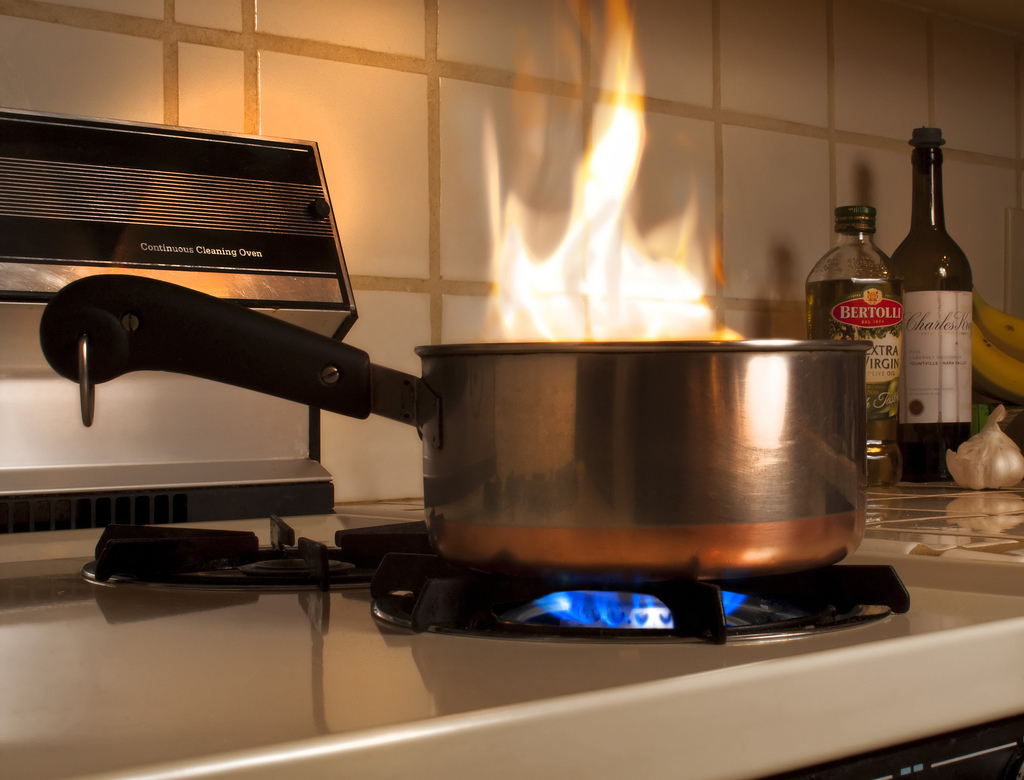
- Never throw water on a grease/oil fire, this will only spread the fire and create a fireball; Instead, turn off the heat and try to smother the flames either by putting on the lid or using baking soda or salt.
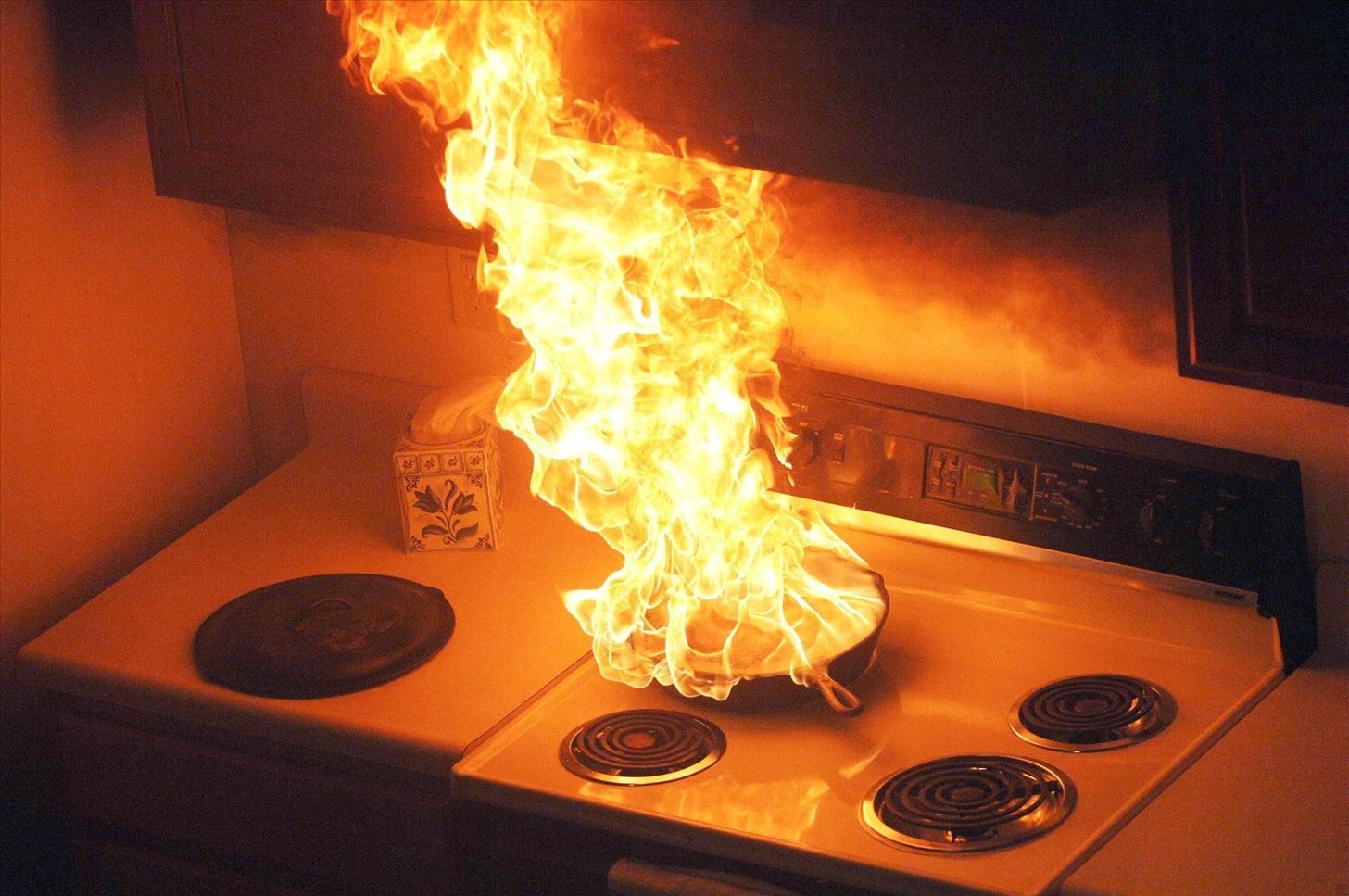
How to Treat and Prevent Burns/Scalds
- In the event of a burn, rush the section of burn under cold water, this will cool the affected area and help in the healing process.
- When opening the lids of pots containing steam or may contain steam remember to open them away from you, this could save you from hot steam in your face which could badly scald you.

Chemicals
- Never mix household cleaners, this contains the risk of creating dangerous fumes which could ultimately hurt or kill you.
- Always remember to store cleaners and chemicals away from anywhere that may contact food or drink, as there is the possibility of it mixing or leaking into the food.
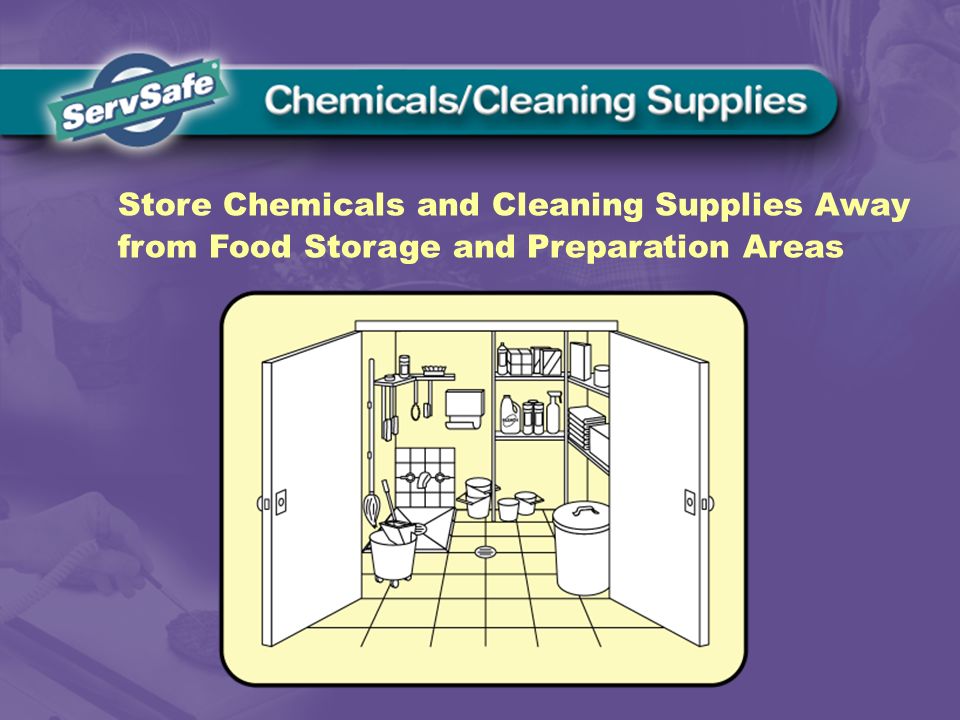
How to prevent Slips, Trips, and Floor Dips
- In the event of a spill, clean up immediately, this could save you from a slip or even worse.
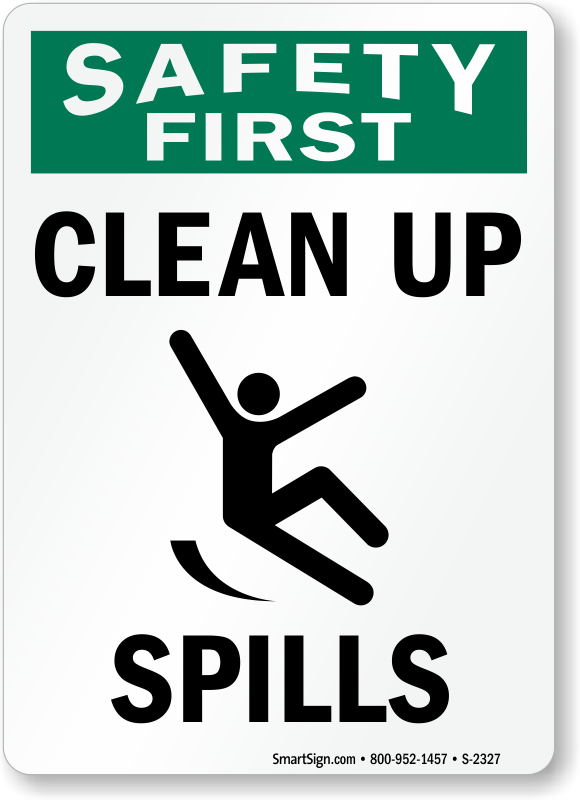
- Always remember to keep the handles of pots and pans pointed inwards and not hanging off the stove, this can prevent you accidentally knocking over the pot or pan and preventing a potential injury

Proper Cutting
- When you are using any kind of knife always remember to cut away from you, this can save you from a lacerated hand.

- When using a knife on a cutting surface curl your supporting fingers in and rest the knife to your first knuckle to prevent cutting or slicing the tip of your leading fingers.
Heavy Lifting in a Safe Kitchen
- When lifting heavy items remember to always lift with your knees and keep a straight back, consistent strain and improper lifting can cause back problems as well as potential injury.

- If you are unable to lift the object safely always ask for help if available, it is better to wait for help than potentially injuring yourself.
How to Prevent Food Poisoning
- When dealing with meat, never store cooked meats near raw meats, as well do not place cooked meat on the same surface that there have been raw meats, or even raw meats with anything at all. This is cross contamination and runs the risk of bacteria and viruses entering your cooked food.

- When buying cans always check for dents, leaks, or cracks. This could mean there is contamination inside or it may have been compromised to entry from bacteria, etc.
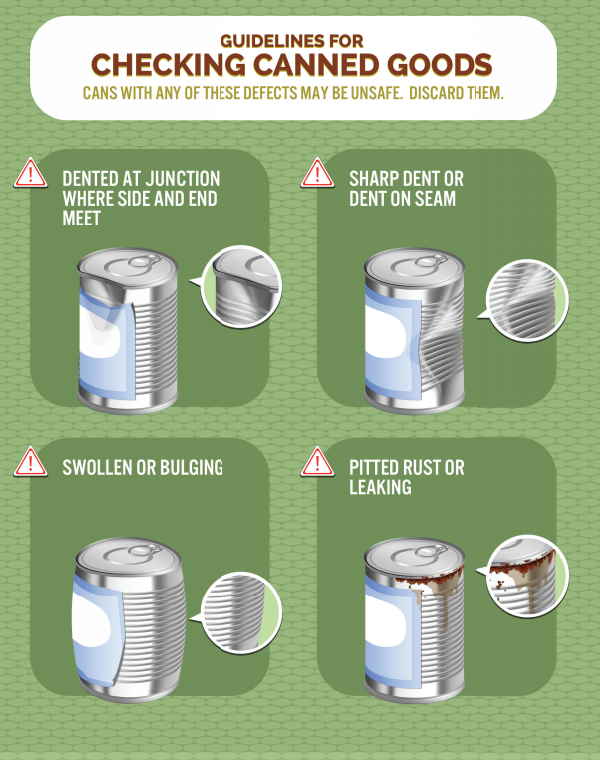
Waste Management
- Never pour used cooking oil down the drain, let it cool in a separate container before throwing away in the appropriate garbage. This is because as the oil cools down in the drains it may clog the sewage.

- Whenever possible try to reduce food waste, because when food rots it releases gasses such as methane that is unhealthy to the environment.
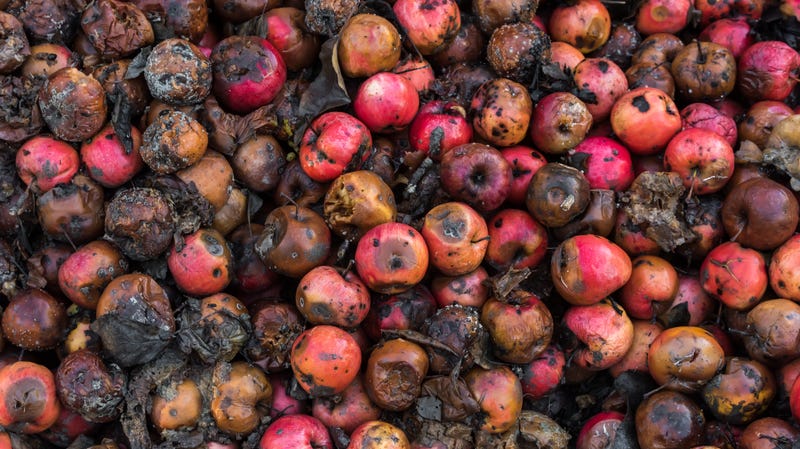
Personal Hygiene
- Always remember to wash your hands before cooking and when dealing with raw meats. This reduces the risk of cross contamination and illness
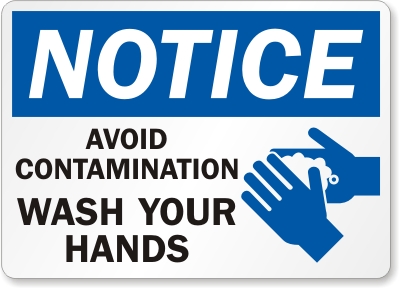
- Always remember to wear appropriate clothing such as short sleeves and a clean apron. Tie hair back, remove jewelry, and remember to wear closed toe shoes. This is to reduce potential injury.
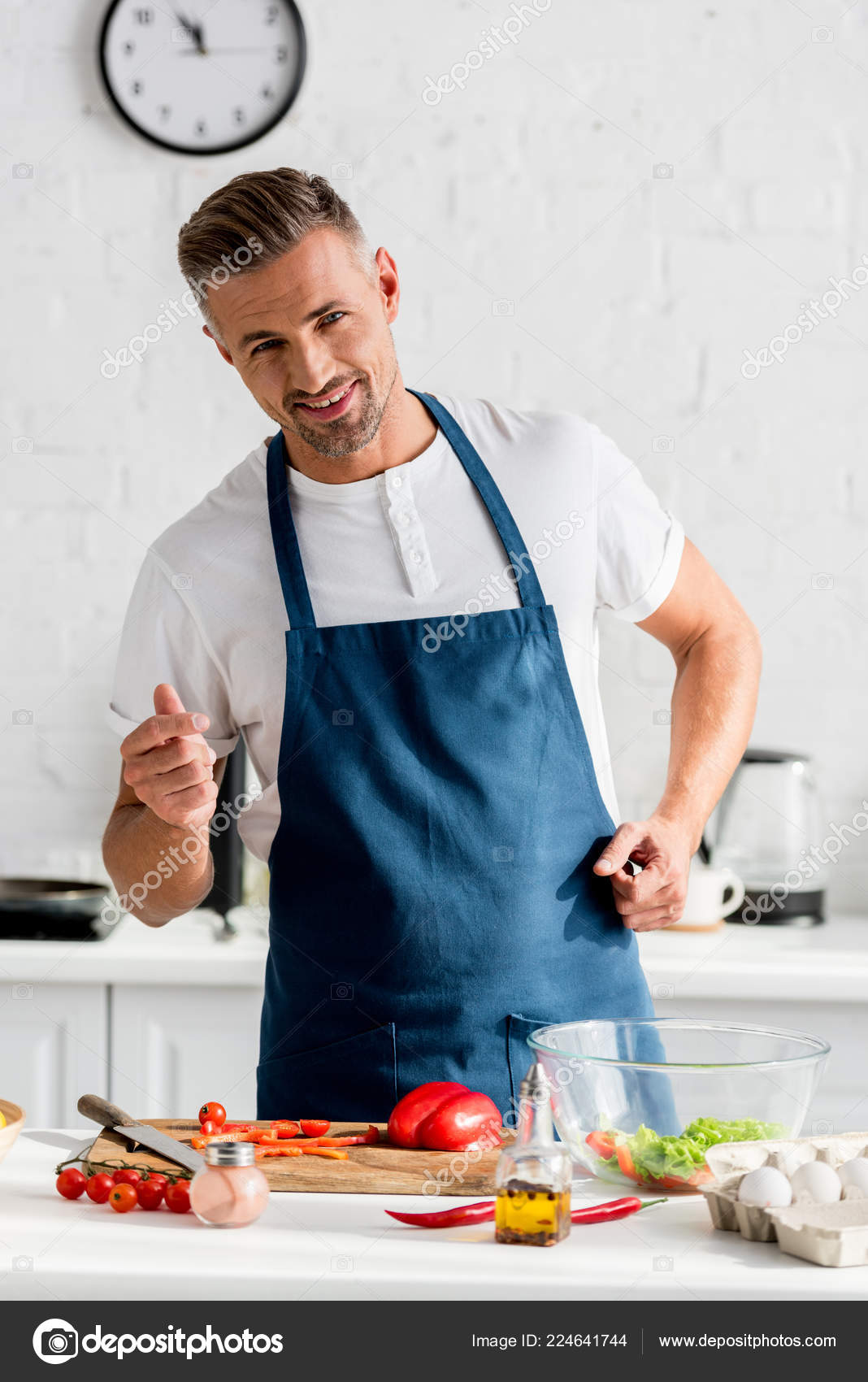
Using these tips, common sense, and being cautious, you can easily prevent tragedy and injury. So always remember to think ahead, take precautions, and if there is an emergency, stay calm and think smarter not harder.

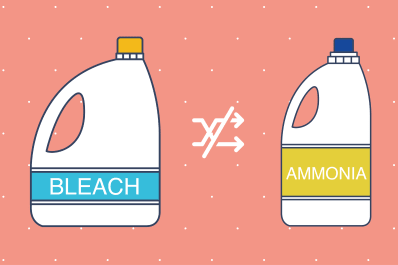
Leave a Reply